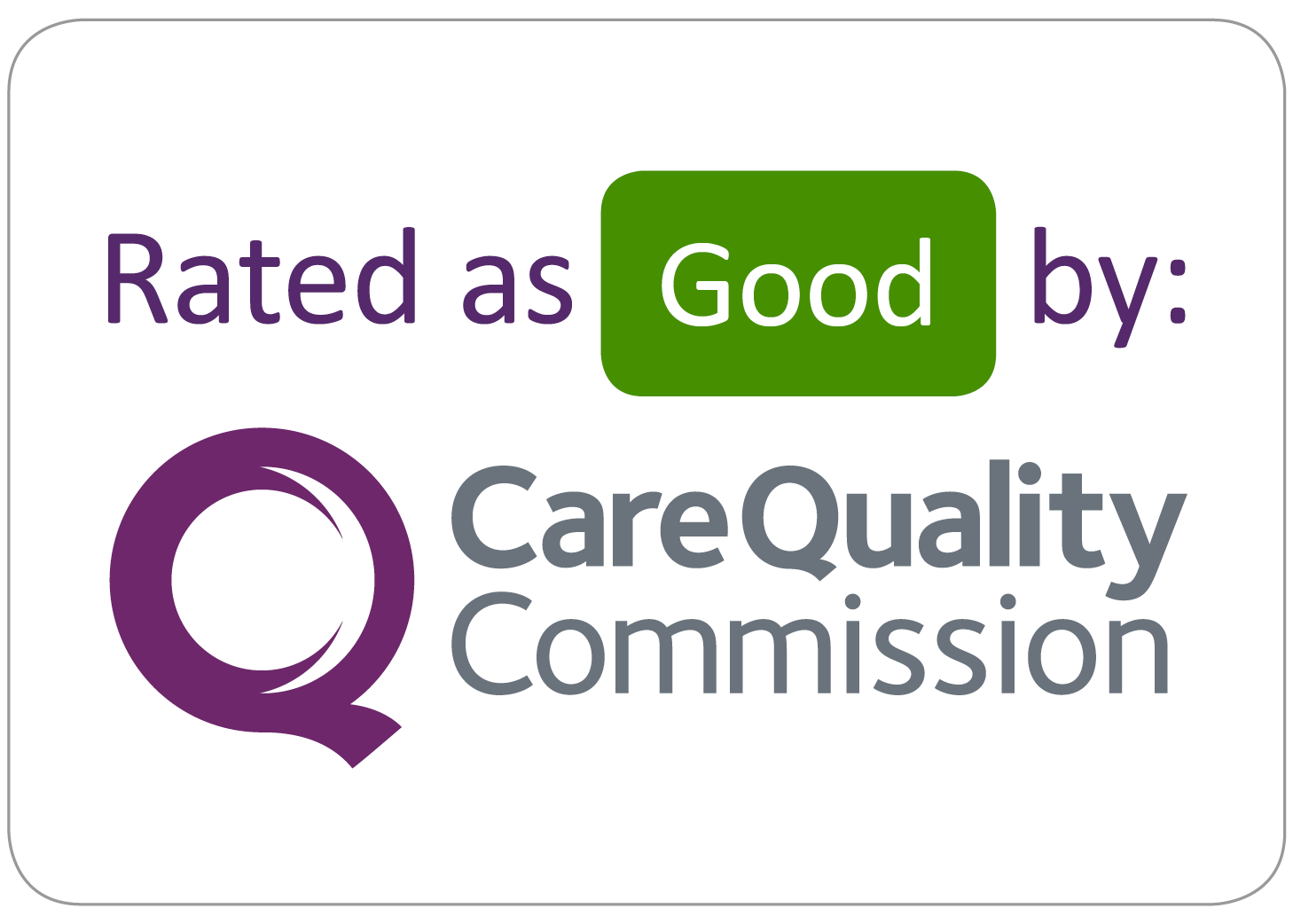The PSA Test
PSA is a protein made in the prostate gland. A PSA (Prostate-specific antigen) test is a blood test to help check for prostate conditions such as prostate cancer or an enlarged prostate.
A small amount of PSA in the blood is normal. If the prostate becomes enlarged, inflamed, or infected, larger amounts of PSA get into the blood.
A raised PSA level may be a sign of prostate cancer, but it can also be caused by other things, such as non-cancerous prostate conditions.
Preparing for a PSA test
For 48 hours before your PSA test, do not:
- have anal sex
- ejaculate (come)
- do anything that leaves you out of breath, such as exercise
These can increase your PSA levels which could make the test less accurate.
You can eat and drink as usual before having a PSA test.
This video by Macmillan Cancer Support tell you about prostate cancer symptoms and the PSA blood test
Having a PSA test
A PSA test is usually done at your GP surgery, by a nurse or other healthcare professional.
PSA levels are checked with a blood test.
You may also have some other tests including:
- pee test
- a health professional feeling your prostate by putting a finger into your bottom (rectal examination)
Getting your PSA test results
You should get your PSA test results in 1 to 2 weeks.
If you have a raised PSA level, you may then be offered another PSA test to check if your levels are still high.
If they are still high the clinican may discuss further tests, such as a biopsy and an MRI scan.
Additional information
More information on the PSA test can be found from Macmillan using the link below which is a downloadable booklet.

















